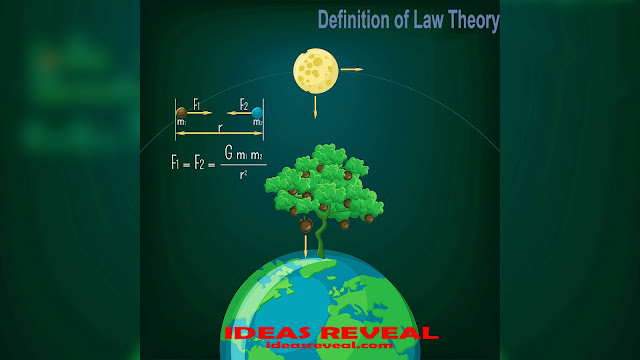Law theory is a branch of legal studies that examines the nature and foundations of law. It includes various theories and approaches such as natural law theory, legal positivism, and critical legal studies, which attempt to explain the origin, scope, and authority of legal systems. Law theory also examines the relationship between law and society, and the ways in which law shapes and is shaped by social, political, and economic forces. It can also include legal philosophy, which is a branch of philosophy that deals with the nature of law, justice, and morality.
Three
Theory Of Law:
Analytic
Jurisprudence
Analytic jurisprudence is a branch of legal
theory that seeks to understand the nature of law and legal systems through the
use of logical and analytical methods. It is often associated with the legal
positivism and natural law traditions, and its practitioners aim to clarify
legal concepts and principles through rigorous analysis and definition.
Analytic jurisprudence is focused on the internal structure of legal systems,
and the logical relationships between legal rules, principles, and concepts. It
is often contrasted with continental legal theory, which is more concerned with
the social and political context in which law operates. Some famous analytic
jurisprudent are H.L.A Hart, Ronald Dworkin and Joseph Raz.
Normative
Jurisprudence
Normative jurisprudence is a branch of legal
theory that is concerned with evaluating and making judgments about the
morality and justice of the law and legal systems. It is focused on the
question of what the law ought to be, rather than what the law is. It examines
the values and principles that should guide the law and legal decision-making,
and evaluates the extent to which the law as it currently exists conforms to
these ideals. Normative jurisprudence is often associated with natural law
theory, which holds that there is a universal and objective moral order that
the law should conform to, and with legal positivism, which argues that the law
should be guided by the values and principles of the society that it serves.
This approach is also known as evaluative or critical jurisprudence. Some
famous normative jurisprudent are John Finnis, Jeremy Bentham and Immanuel
Kant.
Critical Theories of Law
Critical theories of law are a diverse group
of theoretical perspectives that share a common critical and skeptical approach
to the study of law. They question the traditional assumptions and ideologies
that underpin mainstream legal thought, and seek to expose the ways in which
law and legal institutions are used to maintain social and economic power and
control.
Critical legal studies, which emerged in the
1970s, is one of the most well-known and influential critical theories of law.
It argues that law is not a neutral and objective system of rules, but is
instead shaped and influenced by the interests of the powerful and dominant
groups in society. Critical legal studies scholars also argue that the law is
inherently contradictory, and that legal reasoning is a form of political
discourse.
Feminist legal theory, which emerged in the
1970s and 1980s, is another important critical theory of law. It argues that
law and legal institutions are inherently patriarchal and have been used to
maintain the subordination of women. Feminist legal theorists argue for the
need to rethink and reform legal concepts and practices in order to promote
gender equality.
Critical race theory, which emerged in the
1970s and 1980s, is another important critical theory of law. It argues that
law and legal institutions are inherently racist and have been used to maintain
the subordination of people of color. Critical race theorists argue that
traditional legal scholarship has ignored the ways in which race and racism
shape the law and legal decision-making, and that the law is inherently biased
in favor of white people.
Other critical theories of law include Marxism, postcolonial theory and queer theory. All of these approaches are critical of the traditional and mainstream legal theories, and argue that the law is not neutral and objective, but is instead shaped by the power relations in society.






0 Comments